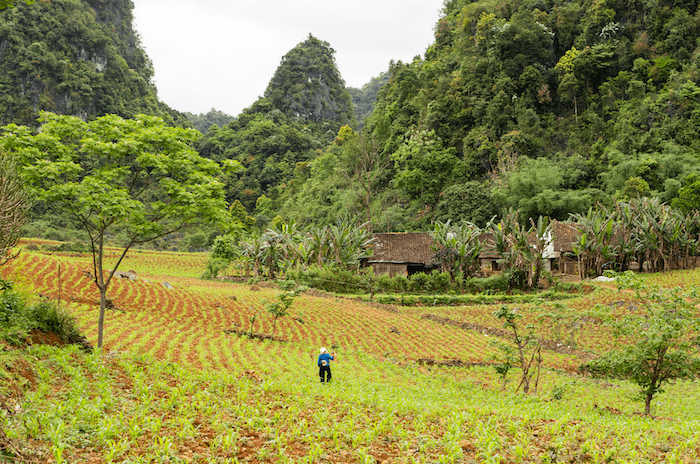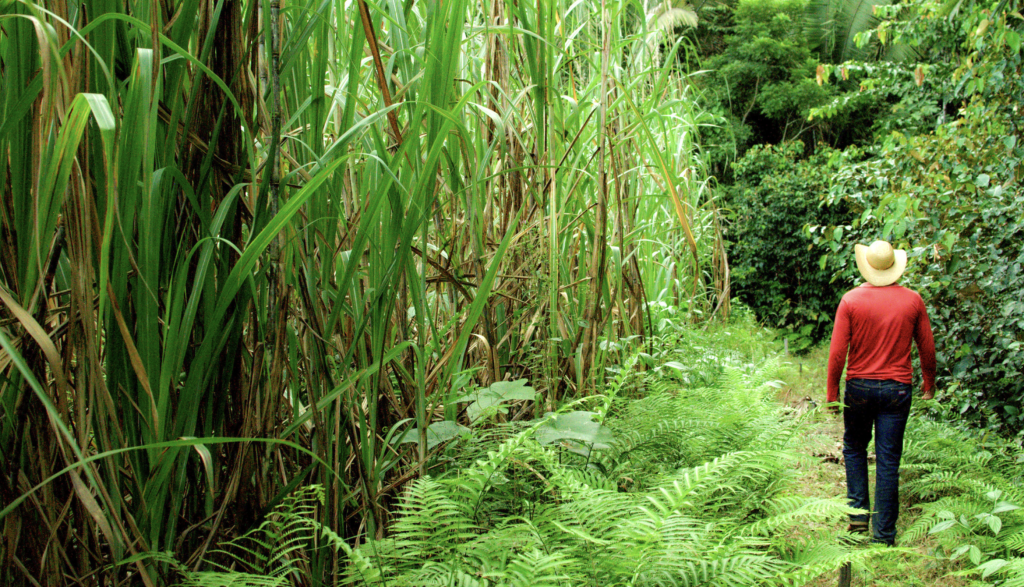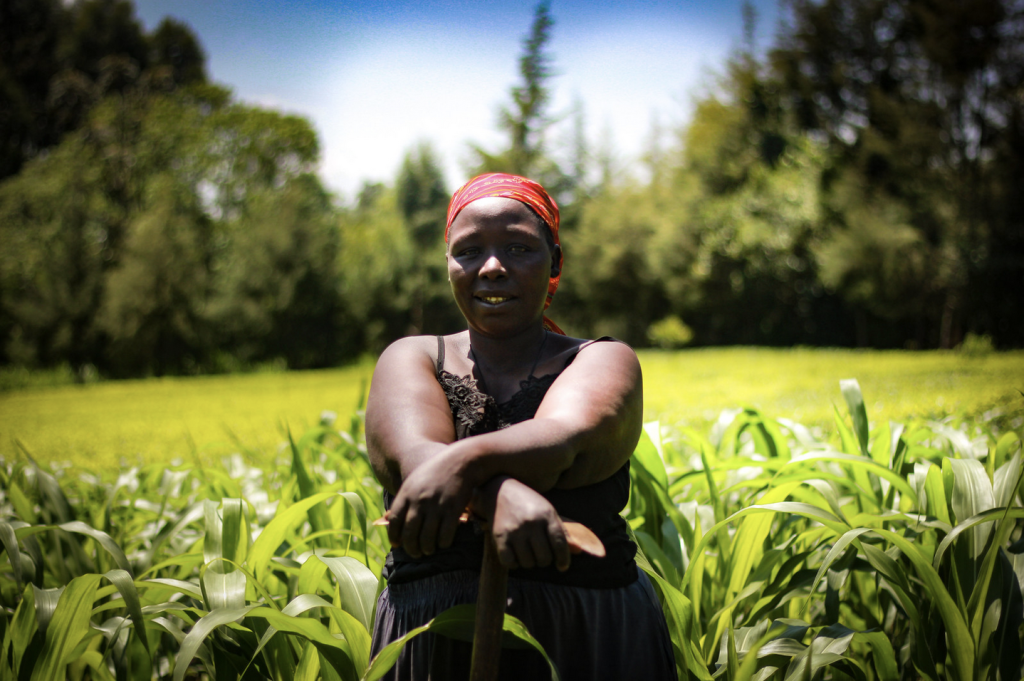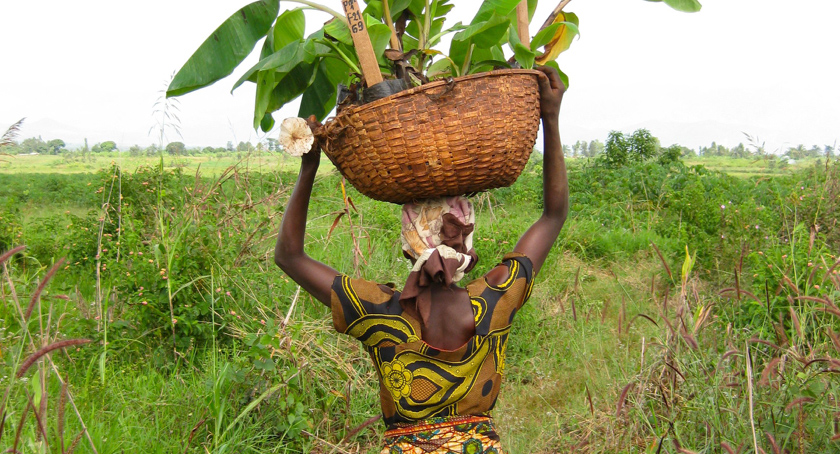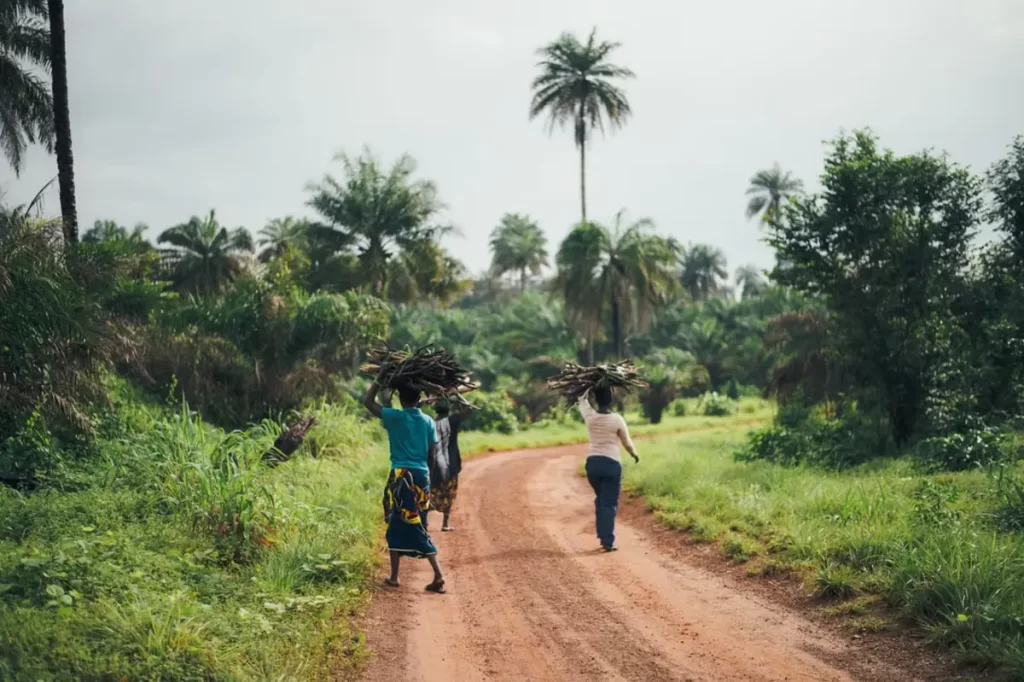Agroecology for Resilient Landscapes for the Poor in Northern Uplands of Viet Nam
In the Northern mountainous region of Viet Nam, unsustainable agricultural practices have been posing serious threats to the livelihoods of poor ethnic minorities and ecosystems. Among the major concerns are the predominance of monocultures, inappropriate management of sloping land, and overuse of chemical fertilisers, pesticides and herbicides. At the same time, local communities lack coping strategies related to extreme climate events and have little access to markets.
Project scope and aim
Agroecology for Resilient Landscapes for the Poor in Northern Uplands of Viet Nam aims to contribute to addressing the unsustainability of livelihoods of poor ethnic minorities in the region through an agroecological approach that actively involves male and female members of ethnic minorities in establishing and maintaining resilient landscapes.
The target groups of the project are Hmong ethnic people in Tram Tau district of Yen Bai Province and Dao and Muong ethnic people in Kim Boi district of Hoa Binh Province.
Modality
The project uses agroecology as the core approach throughout the whole course of implementation. It will:
- Enhance local ecosystems through establishing landscapes of multi-strata agroforestry systems (agrosilvopastoral systems, which are a combination of trees, crops, pastures and livestock) based on the work already tested by CIFOR-ICRAF in the Northwest.
- Enhance local livelihoods through diversifying income sources and improving participation in value chains of local products.
- Empower female and male farmers through building their capacity and sharing knowledge with both farmers and government officials, improving access to information and support; and
- Strengthen representation, participation and decision-making of female and male, poor, ethnic minority smallholders.
The project adopts 13 HLPE agroecological principles – including recycling, input reduction, soil health, animal health, biodiversity, synergy, economic diversification, co-creation of knowledge, social values and diets, fairness, connectivity, land and natural resource governance and participation.
Timeframe
September 2021 – August 2025
Key members and partners
- Federal Ministry for Economic Cooperation and Development (BMZ)
- Brot für die Welt
- Center for International Forestry Research and World Agroforestry (CIFOR-ICRAF)
- IFAD
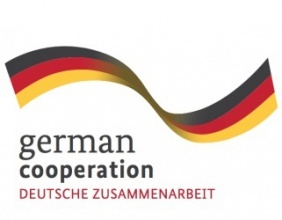



Related resources
- Visit the official website: https://www.worldagroforestry.org/project/agroecology-resilient-landscapes-poor-northern-uplands-viet-nam
- Follow the hashtag #A4PvietNamProject
Key contacts
- Nguyen Quang Tan, Project leader; email: n.quangtan@cifor-icraf.org
- Nguyen Mai Phuong, Project manager; email: n.maiphuong@cifor-icraf.org
- For communications: n.minh@cifor-icraf.org
Added project value to Agroecology TPP
The project can contribute to the Agroecology TPP by adding successful case studies on developing agroecological landscape for the poor smallholder famers in mountainous areas. The project works on engaging local farmers, stakeholders, and community leaders in decision-making processes, which can be a key lesson for the Agroecology TPP on fostering inclusive and participatory agroecological initiatives. Various stakeholders working in agroecology – such as policy makers, private sector, etc. from Vietnam and Southeast Asia – will also connect to the Agroecology TPP.
Added to the organisation running the project
The experiences and lessons learned can be shared with other communities and regions within the Agroecology TPP, thereby contributing to a knowledge-sharing network. This exchange of best practices can facilitate the replication and adaptation of successful agroecological approaches.

